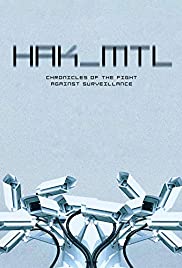
Does privacy still exist in 2019? In less than a generation, the internet has become a mass surveillance machine based on one simple mindset: If it’s free, you’re the product. Our information is captured, stored and made accessible to corporations and governments across the world. To the hacker community, Big Brother is real and only a technological battle can defeat him.
You May Also Like

An intimate portrayal of the everyday lives of Carthusian monks of the Grande Chartreuse, high in the French Alps (Chartreuse Mountains). The idea for the film was proposed to the monks in 1984, but the Carthusians said they wanted time to think about it. The Carthusians finally contacted Gröning 16 years later to say they were now willing to permit Gröning to shoot the movie, if he was still interested.
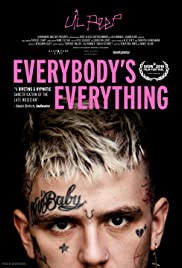
The story of artist Lil Peep (Gustav Åhr) from his birth in Long Island and meteoric rise as a genre blending pop star & style icon, to his death due to an accidental opioid overdose in Arizona at just 21 years of age.

This documentary short by Alanis Obomsawin tells the story of Kahentiiosta, a young Kahnawake Mohawk woman arrested after the Oka Crisis’ 78-day armed standoff in 1990. She was detained 4 days longer than the other women. Her crime? The prosecutor representing the Quebec government did not accept her indigenous name.

One Country, Two Systems? No Way! say the youth of Taiwan. But China under President Xi Jinping wants more than ever to bring the island of Taiwan back into the fold, just like Hong Kong. Can the burgeoning democracy on China’s doorstep, driven by digital technology, resist the Middle Kingdom’s advances? To China Taiwan is a breakaway province that must return to the fold. To its 24 million inhabitants it is a sovereign state with its own constitution and democratically elected leaders. Now that Hong Kong has been brought into line, Taiwan remains determined to stand up as a vibrant, young democracy. But it won’t be easy. Since the Sunflower Movement in 2014 when the young came out to prevent an economic agreement with China, citizen groups have been fighting for the transparency of institutions.
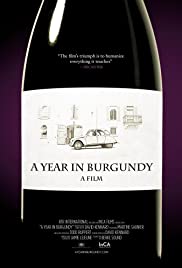
This documentary follows seven wine-making families in the Burgundy region of France, delving into the cultural and creative process of making wine. You’ll never look at wine the same way again.

A cameraman wanders around with a camera slung over his shoulder, documenting urban life with dazzling inventiveness.
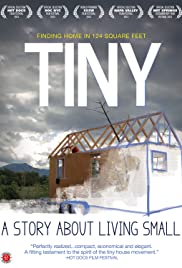
What is home? And how do we find it? TINY follows one couple’s attempt to build a Tiny House from scratch with no building experience, and profiles other families who have downsized their lives into houses smaller than the average parking space. Through homes stripped down to their essentials, the film raises questions about sustainability, good design, and the changing American Dream.

Exploring the company founding and the implosion of the business by outside investors who took over the company, left it bankrupt and under investigation.
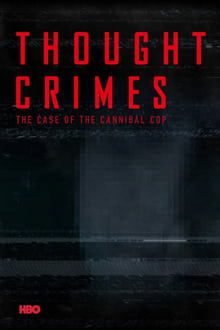
Dubbed “The Cannibal Cop,” former NYPD officer Gilberto Valle was convicted of conspiring to kidnap and eat women in March 2013. Valle had argued it was all a fantasy, but the prosecution’s narrative convinced jurors otherwise. His story made headlines not only for its chilling details, but also because of its landmark decision regarding a man many consider “patient zero” in a growing thought-police trend across the nation. Featuring unprecedented, intimate interviews with Valle and his family, as well as insights from lawyers, journalists, psychological professionals and criminal experts, THOUGHT CRIMES: THE CASE OF THE CANNIBAL COP explores this complicated case, asking if someone can be found guilty for his or her most dangerous thoughts.

The documentary follows 26 year old Jonny Benjamin as he tries to find the man who dissuaded him from taking his own life by jumping from Waterloo Bridge in London in 2008.
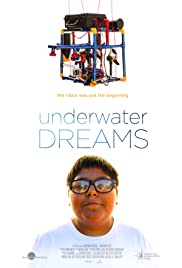
Underwater Dreams, narrated by Michael Peña, is an epic story of how the sons of undocumented Mexican immigrants learned how to build underwater robots. And go up against MIT in the process.
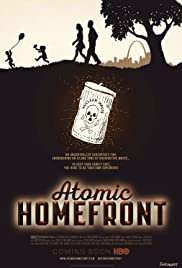
Revealing St. Louis, Missouri’s atomic past as a uranium processing center for the atomic bomb and the governmental and corporate negligence that lead to the illegal dumping of Manhattan Project radioactive waste throughout North County neighborhoods.